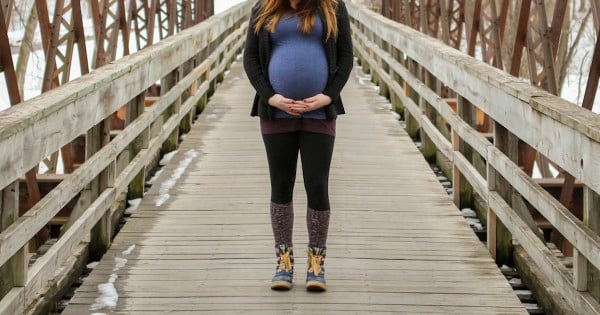
Fertility treatments, and in particular IVF, are a thriving industry in Australia but there are concerns those suffering from fertility issues are being taken advantage of.
That’s led to calls for more regulation of the IVF industry, with concerns patients using the treatments are not fully aware of the risks and chances of success.
Louise Johnson from the Victorian Assisted Reproductive Technology Authority told ABC News there are gaps in the industry and more work needs to be done.
But Dr David Molly, Chair of the Heads of IVF Units of Australia says they Australian fertility industry is exactly where it needs to be and is ahead of the curve when it comes to success and regulation.
He told ABC News, “We were the first medical specialty group to self regulate. We have a code of practice. If we don’t stick to that code of practice we’re closed down. On top of that we’ve got another layer of regulation in and nearly all the states in Australia have got regulations, state laws that govern the practice of IVF,” he said.
Ethical issues are also being raised around the “unlimited’ amount of public funding for fertility treatments.
Sonia Allan from Macquarie University says greater oversight of the commercialisation of baby-making is needed.
“I think there are ethical issues surrounding the unlimited amount of public funding that is being put towards some of these treatments. And probably perverse incentives for doctors to continue with these treatments because of the increased money that can be made, particularly when the industry has become so commercialised.”


Top Comments
I suspect in DAnielle's story that the words "eggs" and "embryos" are being used incorrectly interchangeably.
Anyone have any thoughts on the unlimited Medicare subsidies? Also limits on age? Particularly in light of the almost 100% failure rate after 40.
I guess it depends, if you have healthy embryos which were frozen at at earlier stage (such as the lady in the second story) I would assume it would be a much better chance then for someone starting from scratch in their 40s?
It may be "unlimited" in that they'll rebate each round. But when an IVF round can cost >$10k (ignoring the physical, emotional toll and days off work etc) and you get less than half back, it's hardly something most will use (abuse) forever.
Well agree, but say you even go 10 times or even 20 or 30 (was on 4 corners a few weeks ago) . We're starting to talk about very large amounts. And as on 4 Corners some of the doctors just keep encouraging women to do more and more - "eventually one will one stick".
I went through the same clinic as some of the women in the 4 Corners story and I know for a fact that rebates are not unlimited - there is a Medicare Safety Net benefit cap.
That story was somewhat biased for the conclusion it wanted to reach. The odds and stats are communicated and available in multiple ways - verbally and in writing to patients. I do understand that they'll choose to put themselves through it over and over in a cycle of endless hope. That is a hard one for a woman with fertility challenges (in particular) to logically explain.... it's easier to fold other people making promises into the story, it is hard to stay logical as the treatment doesn't work., and say 'enough'. It s very difficult - near impossible - to understand from the outside - even if someone very close to you has been through IVF. It's something that has to be loved to be understood.